Podcast List
NPR, May, 5, 2020, By Natalie Escobar
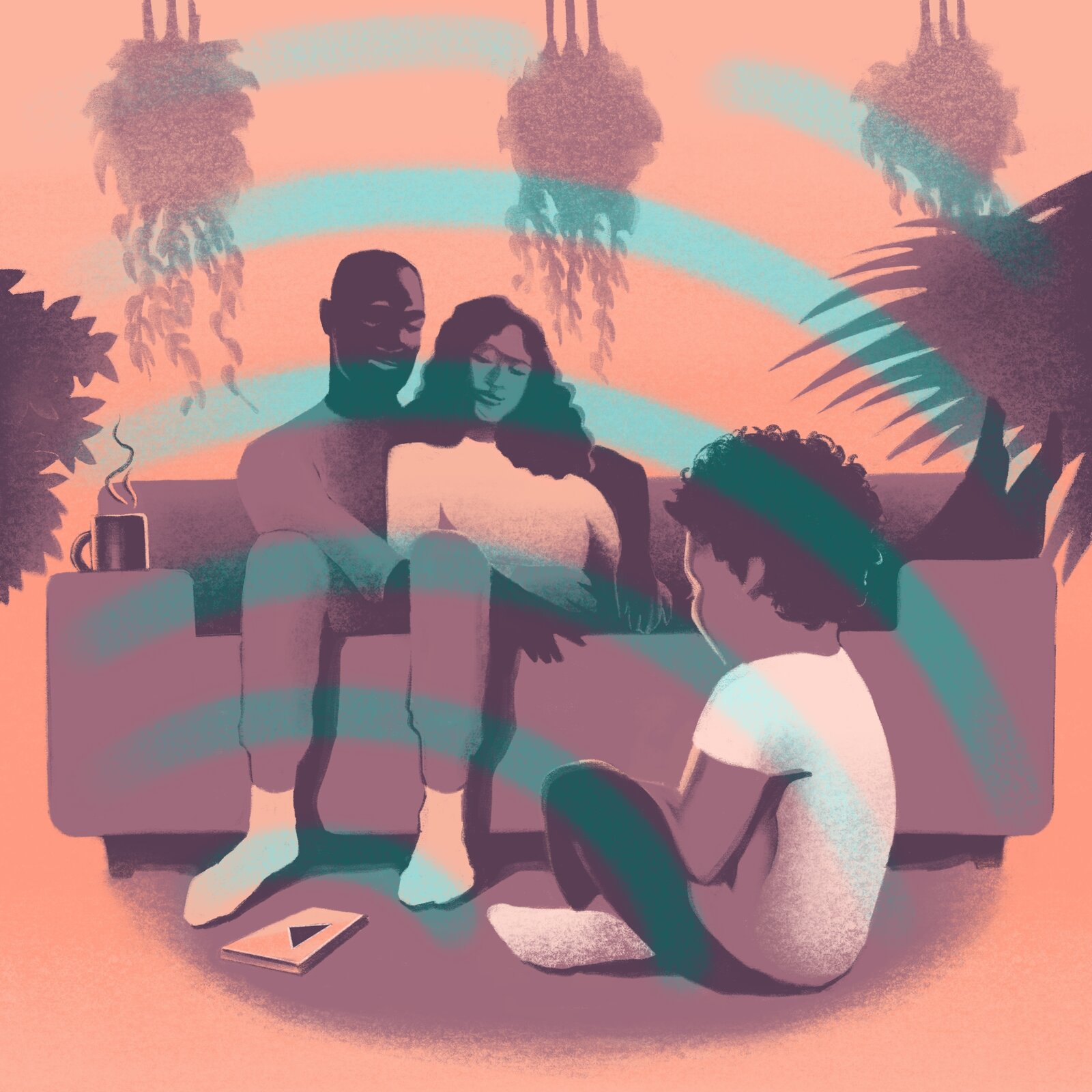
Over the past few weeks, all of us at Code Switch have noticed that a lot of you have children — bright young minds with boundless energy, just waiting to learn how to fight the power and advance racial justice. (Right?) But with everything that’s going on, finding ways to critically engage school-age kids has been a challenge at best.
With that in mind, we’ve compiled a playlist tailor-made for our youngest listeners. We heard from some of y’all that you’re using our episodes as a way to entertain and educate your homebound children, so we rounded up some of our most kid-friendly episodes from the archives. We were inspired by our friends at Radiolab, who launched a new podcast called “Radiolab for Kids” — make sure to check them out, too.
We’ve combed through the episodes to make sure they’re free of profanity, graphic references and other adult content. (Although talking about race and racism is always complicated, so parents, use your judgment here.) Our episodes never have all the answers, and we’re hoping these will open up space for some good old-fashioned dinner-table discussions.
Read more about some of our favorites below, and check out the full playlist of 19 episodes here.
History lessons
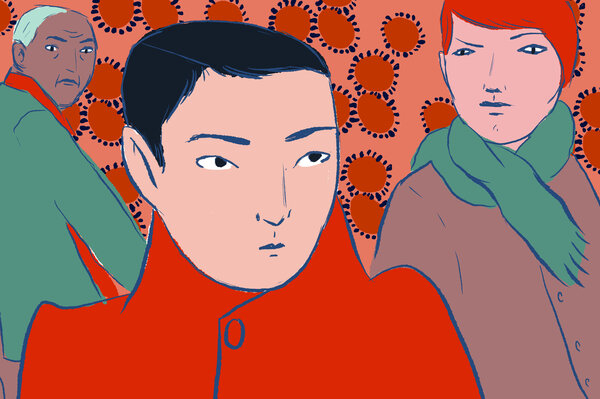
When Xenophobia Spreads Like A Virus
As the coronavirus began to spread from China to the rest of the world, Asians and Asian Americans faced xenophobic and racist harassment. In this episode from March, listeners described racist experiences they’d had during the COVID-19 outbreak, and we spoke to Professor Erika Lee about America’s long history of xenophobic responses to disease outbreaks.
Why it’s good for kids: A lot of the harassment we heard about took place in schools, back when they were open, or in front of parents with young children. This episode might help explain some of the racism that children are already seeing and experiencing in their own lives.

When Colin Kaepernick took a knee to protest police brutality in 2016, he joined a long line of black athletes using their platform to fight for a better world for black people. In 2019, we featured an episode of NPR’s Throughline podcast, which tells the stories of three black athletes who protested injustice: Jack Johnson, Wilma Rudolph and Mahmoud Abdul-Rauf.
Why it’s good for kids: Every 9-year-old dreams of being a pro athlete, right? Well, this episode gets into some of the most influential people ever to achieve that dream. And it might shine some light on why being an athlete is so much more than just stepping onto a field and playing the game.
Learning and education
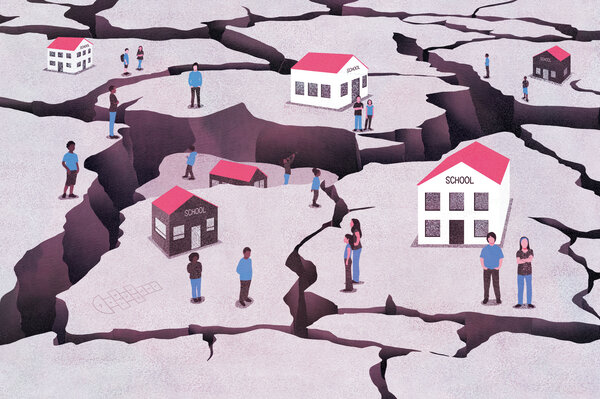
A Tale Of Two School Districts
Public school educations are not created equal, thanks to a long history of segregation in schools and housing. In this episode, we look at neighboring school districts that, despite their geographic closeness, have wildly different racial demographics and school funding.
Why it’s good for kids: Your observant child may have noticed that certain aspects of their education — like the quality of their buildings or textbooks — aren’t the same in the schools that their friends attend. This episode explains the bigger forces behind those discrepancies in a way that will make sense to school-age children.

Dispatches From The School Yard
Middle- and high-schoolers have some of the most fascinating stories about figuring out who they want to become—so we turned over the mic to student podcasters. We highlighted some of our favorite stories from the Education Team’s Student Podcast Challenge: honest conversations about periods, deaf culture, juvenile detention and being transgender.
Why it’s good for kids: What better way for kids to learn about the issues affecting their peers than to hear these stories straight from kids themselves? Plus, if your child has ever thought of making a podcast of their own, this might inspire them to break out a voice recorder and start narrating your home life.

Audie And The Not-So-Magic School Bus
Busing and voluntary integration programs shaped the lives of many American children during the 1970s and 80s — including NPR’s Audie Cornish. In 2016, she joined us on the podcast to reflect on those experiences, as well as the children in similar programs today.
Why it’s good for kids: Millions of children still attend racially and economically segregated schools. This episode can help kids put themselves in the shoes of the students who attended school a generation ago, and learn what has (and hasn’t) changed since the days of busing programs.
Family life

The volatility of immigration policy puts undocumented immigrants and their families under a lot of stress — particularly in “mixed status” families, in which different members may be citizens, DACA recipients or at risk of deportation. In 2019, we talked to siblings who each have different statuses, and how their lives might change based on the Supreme Court’s impending DACA ruling.
Why it’s good for kids: Maybe you and your child are part of a mixed-status household, or maybe that’s a reality far different than your own. This episode could be a comforting reminder that other families with undocumented members experience similar anxieties, or a learning moment about what other kids’ lives are like.
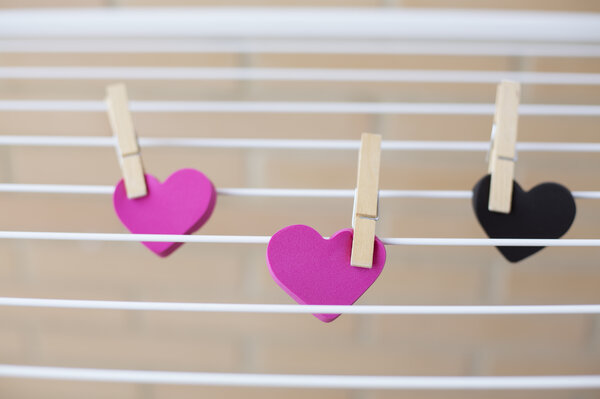
Most adoptive parents in the U.S. are white — and a lot of them are adopting children who aren’t. We asked transracial adoptees to tell us how growing up with white parents shaped their identity, and about the things they wished their families knew.
Why it’s good for kids: The episode dives into a lot of misconceptions about adoption, and lets adoptees talk about some of the things they’ve heard from peers and family members—which is worth a listen from both adopted and non-adopted children alike. And for white parents with children of color, it can be an entry point into a larger conversation about identity and family.
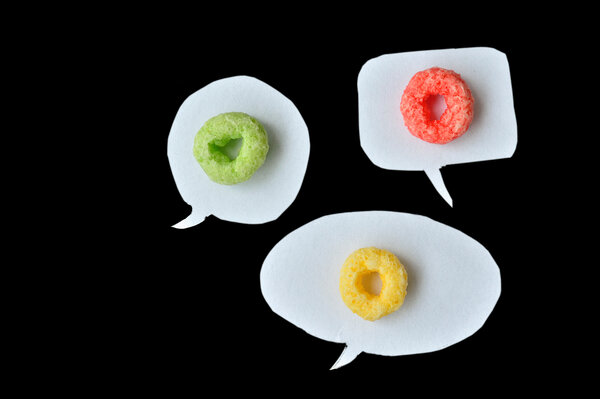
In 1992, a study introduced the idea that children who grow up in poverty hear 30-million fewer words, over time, than children who didn’t. The research has influenced how a generation of poor students have been taught, but as our NPR Education colleague Anya Kamenetz explains, the original study’s findings were misleading.
Why it’s good for kids: If you read or talked a lot to your child when they were young, there’s a good chance that your decision can be traced back to the study’s findings — it was that influential. It’s a good way into a larger conversation about schools, class and race, which pairs well with our other school-related episodes.
Just for fun
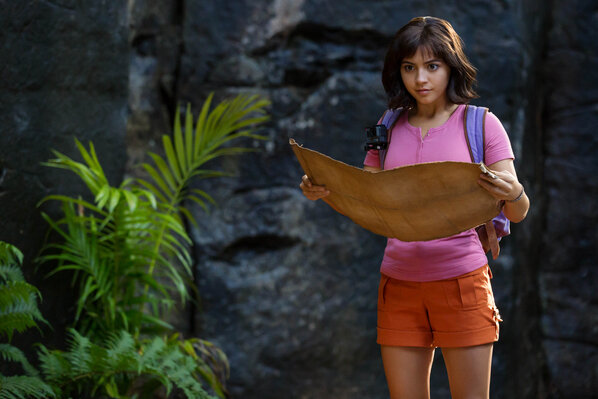
For the past 20 years, children have watched Dora the Explorer go on quests and solve puzzles with her animal friends, getting a bilingual education along the way. In this 2019 episode featuring our friends at Latino USA, we discuss how the television program catalyzed the creation of multicultural children’s programming and pushed back on anti-immigrant rhetoric.
Why it’s good for kids: Your child may be one of those millions who grew up with Dora, Diego and Boots on their television screens — or a devotee of another multicultural kids’ show that sprung up in the years after. Either way, they’ll learn a lot about how the show changed the whole game for the TV shows they watch.

Can dogs be bigoted against black people? In this episode, we take a look at the unusual intersections of dog ownership and race, including an explanation of how pitbulls became demonized as dangerous.
Why it’s good for kids: This episode takes on a subject that just about every kid is familiar with — puppies !— and injects race into the mix. Brace yourself — it also might prompt a debate on whether your family pet needs some retraining…or whether it’s time to take home an adorable, friendly, non-racist pet for the first time.
